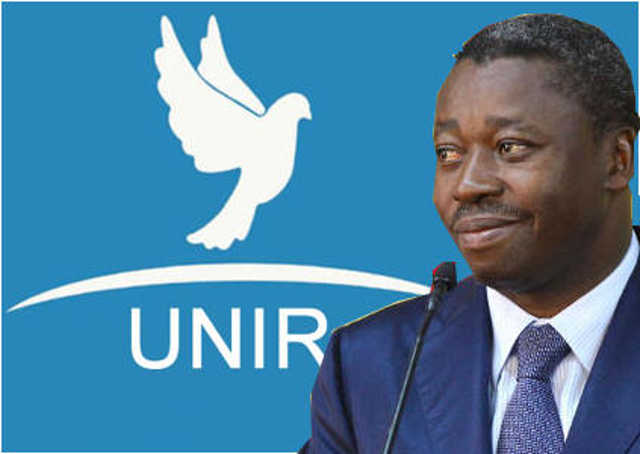
Togo’s ruling party, the Union for the Republic (UNIR), recorded a major win in the country’s recent municipal elections. UNIR secured over 75% of the seats, tightening its grip on local governance. Out of 1,527 available municipal positions, the party claimed 1,150.
The vote took place across 117 municipalities on July 17. This election followed recent constitutional reforms that extended the party’s hold on power. Many believe the outcome reflects the current political atmosphere, which strongly favors the ruling party.
Official data shows that UNIR won 75.3% of the total vote. In contrast, other parties earned only a small portion. The National Alliance for Change took 51 seats, while the Union of Forces for Change secured 38. A newer party claimed 34 seats, and an independent group led by the mayor of Golfe 1 won 24.
Voter turnout remained low across the country. In Lomé, the capital, many polling centers stayed quiet. Observers blamed public apathy on the heavy security presence and fears sparked by a recent crackdown on protests. Some citizens said they stayed home to avoid trouble, while others questioned the usefulness of voting altogether.
Opposition parties challenged the results. They argue that the process lacked transparency and that officials manipulated turnout numbers. They also claim several votes were miscounted. These parties now have five days to contest the outcome through legal channels.
This result did not come as a surprise. UNIR had already won about 60% of municipal seats in the 2019 elections. With fewer strong challengers this time, the ruling party expanded its lead. Observers noted that the party used its resources and influence effectively, mobilizing support in both urban and rural areas.
The election followed major constitutional changes. The reforms created a new leadership structure and gave more executive power to President Faure Gnassingbé. Critics argue these changes weaken democracy and limit political competition. Protests broke out in June as people voiced anger over the reforms, leading to arrests and tighter security ahead of the vote.
Security forces stayed highly visible on election day. Armed personnel patrolled polling stations and major streets. This presence kept order but also discouraged voter participation. Some citizens said they feared being caught in violent incidents and chose to avoid the polls.
Despite tensions, election officials moved the process forward. The national electoral commission is now forwarding results for final approval. Once certified, the newly elected local officials will begin their duties.
Local councils will start work soon. They will handle infrastructure, sanitation, and basic public services. Because UNIR won big, it will control most local policies and decisions. Minority parties said they plan to act as watchdogs and promote fairness where they can.
Reactions to the result have been mixed. Some citizens welcome continuity and expect stable governance. Others feel disappointed and say the process did not reflect the people’s will. Community leaders are calling for honest dialogue and long-term reforms.
In summary, Togo’s ruling party secured a commanding victory in the latest municipal elections. The outcome reinforces its dominance at the local level and reflects recent constitutional changes. Although opposition groups have raised concerns, the government is moving ahead with forming new councils. The focus now shifts to governance and the next steps for democracy in the country.
